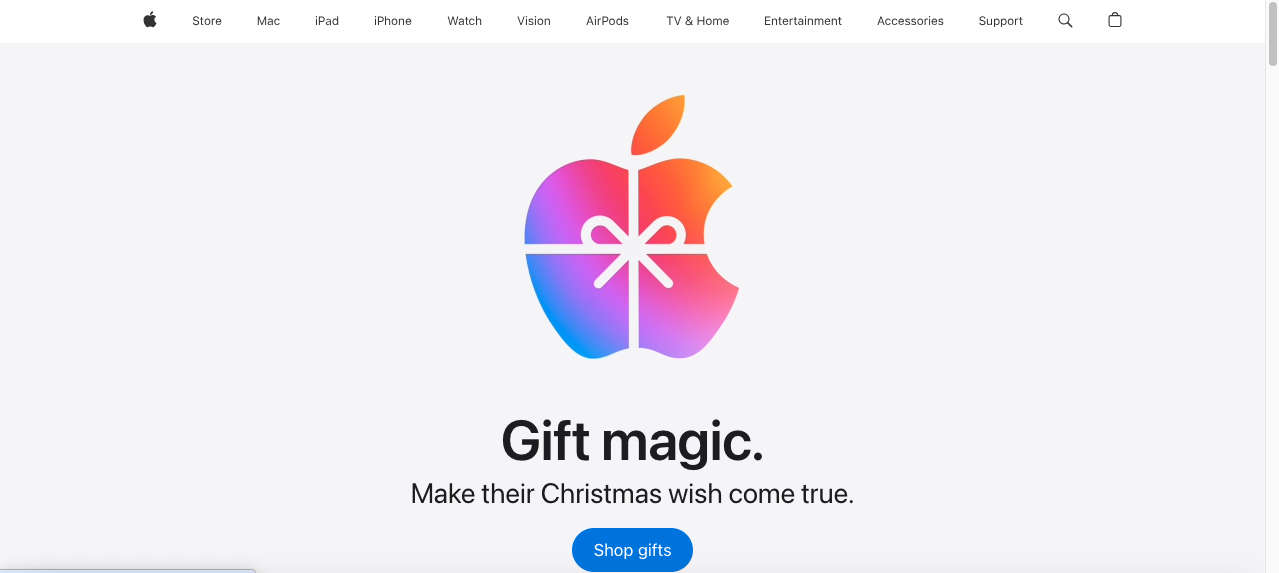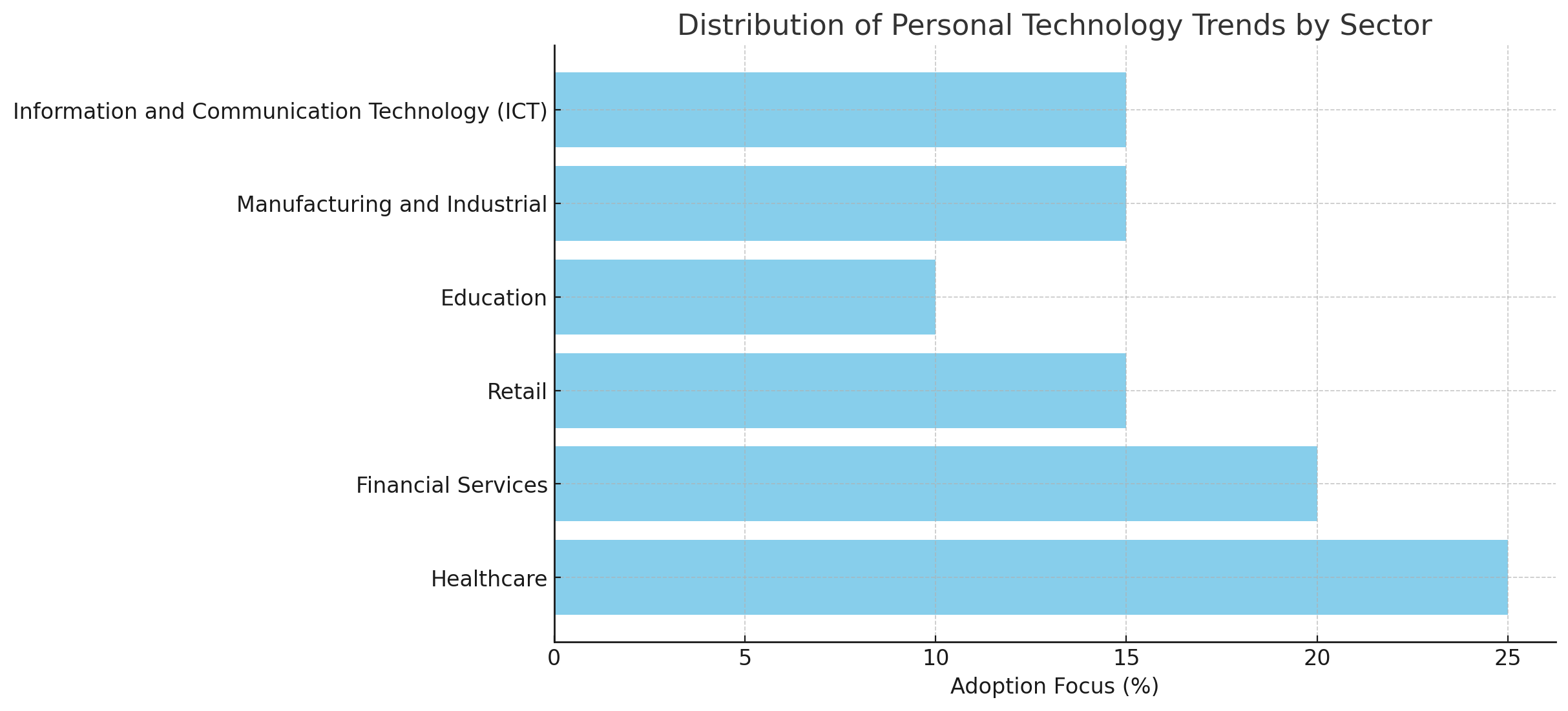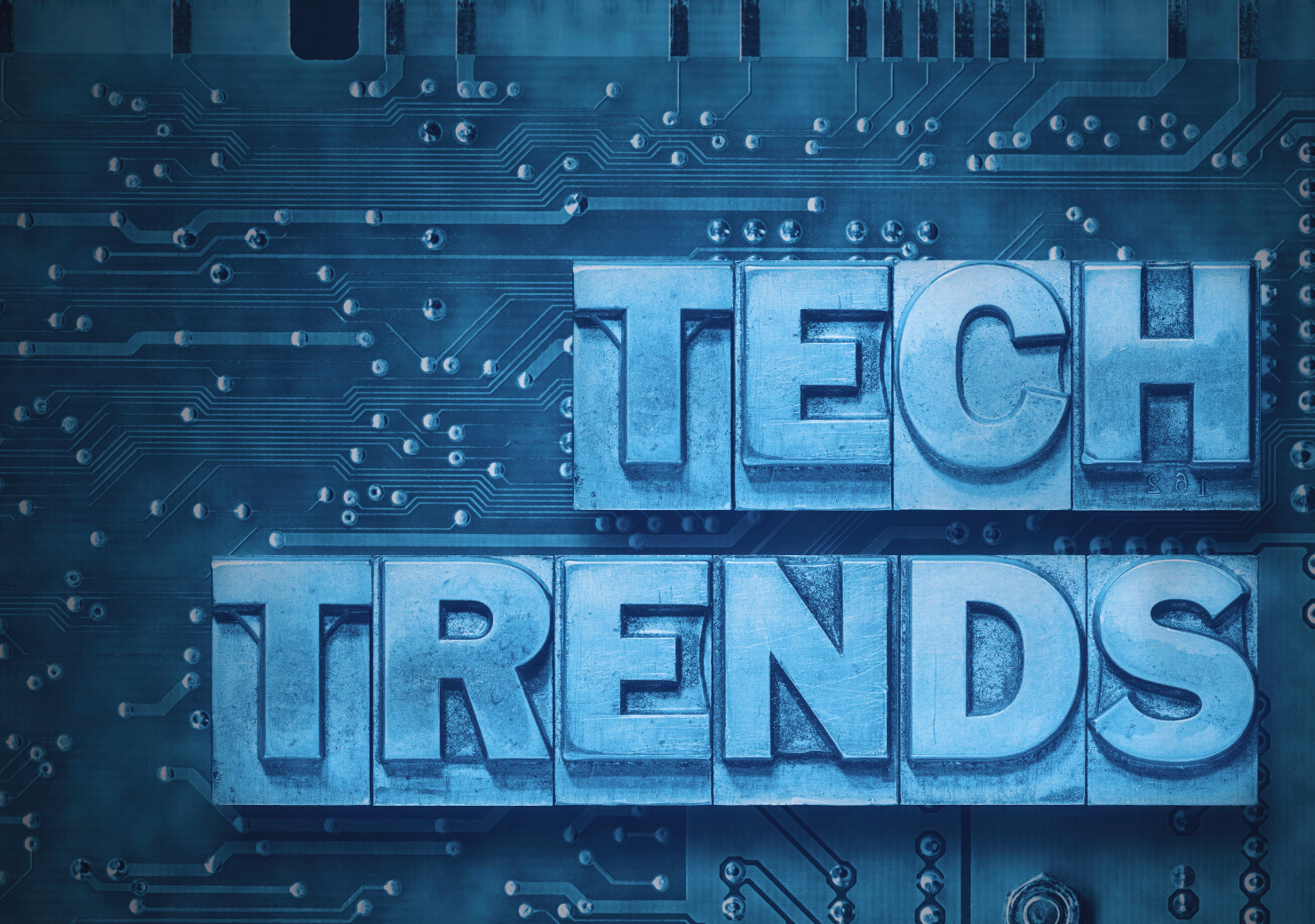As we approach 2025, we are entering an exciting era to witness how technology will revolutionize our personal lives. From wearable devices to artificial intelligence, augmented reality to data security, numerous advancements are set to transform our daily routines and habits fundamentally. In this article, we explore the most influential personal technology trends expected to lead in 2025 and the possibilities these technologies bring to us.
Groundbreaking Innovations in Wearable Technology: The Best Smartwatches and Glasses of 2025
In 2025, wearable technologies will continue evolving to become a more organic part of our lives. Yes, wearable devices are now smarter and more practical. Smartwatches will go beyond standard health tracking, equipped with advanced sensors that measure a wider range of health data, such as blood sugar levels and stress indicators. Smart glasses, enhanced with augmented reality (AR), will make daily life easier with features like real-time language translation or navigation overlaid on maps.
These advancements will offer a much more comprehensive solution for meeting personal health and information needs. Smart glasses and watches will provide instant access to the information we need, helping us be both more productive and make informed decisions about our health.
Artificial Intelligence and Home Automation: How Will Our Daily Lives Change?
In 2025, artificial intelligence will become an integral part of daily life. Yes, AI will be the manager of our homes. Advanced AI assistants will not only execute commands but also anticipate our needs by analyzing our daily habits. This means that home automation systems will dynamically adjust elements like temperature, lighting, and security based on user preferences.
Such advanced features will allow our homes to give us more control while freeing us from routine tasks, allowing us time to focus on other priorities.
Health Technology Innovations: Where Are Personal Health Monitoring Devices Heading in 2025?
Health tracking will reach a much more advanced level by 2025. More personalized health management is now possible. These devices will not only measure basic health metrics but also detect potential health risks. For example, the new generation of devices that monitor blood pressure, body temperature, and hydration levels will help people manage chronic conditions more effectively.
These developments will increase the quality of life by making personal health management more accessible and effective, reducing the need for frequent medical visits and enabling the early detection of health issues.
Entering the World of Augmented Reality (AR) and Virtual Reality (VR): New Devices and Applications in 2025
In 2025, AR and VR technologies will find applications in areas like education, business, and therapy beyond just entertainment. Yes, AR and VR are no longer just for gaming but will be integrated into many areas of daily life. In education, VR will allow students to feel like they are in the classroom, even when attending remotely. In business, VR will enable virtual meetings for remote teams to come together.
These technologies will allow individuals to engage in controlled environments for therapy and skills training, expanding access to healthcare and training opportunities.
The Best Portable Devices for Work, Education, and Entertainment: Tablet and Laptop Trends of 2025
In 2025, versatility and high performance will be at the forefront of portable devices. Yes, portable technology is now more flexible. These devices will fit high processing power into sleek frames and will allow seamless transition between work and entertainment with foldable or detachable screens. Enhanced battery life and high-speed connectivity options like 5G and Wi-Fi 6 will make these devices usable throughout the day.
These features will enable a single device to serve multiple purposes, providing versatile use for students, professionals, and creatives.
Personal Data Security in 2025: New Methods to Protect Your Information
As our lives become more digitalized, data security is now a necessity. In 2025, advanced data encryption methods and zero-trust security models will become widespread. Devices will offer more sensitive biometric security options, and AI will monitor unusual activities to provide real-time alerts.
These security measures will ensure that personal information is safer while allowing users to benefit more from connected technology.
A New Era in Photography and Video with Artificial Intelligence: Smart Cameras and Features
In 2025, artificial intelligence will redefine photography and videography. Cameras are starting to think for themselves. AI-powered smart cameras will automatically optimize settings during shooting, producing professional-quality images. Features such as facial recognition, scene optimization, and light adjustments will allow users to create high-quality content regardless of their skill level.
This development will enable users not only to capture moments but also to produce professional-quality content.

Ideal Devices for E-sports and Mobile Gaming: The Best Gaming Phones and Accessories of 2025
In 2025, mobile gaming devices will reach the peak of performance and durability. Yes, mobile gaming experiences are reaching new heights. Gaming phones will offer high-refresh-rate screens and advanced cooling systems to provide superior performance, even in long gaming sessions. Accessories like customized controllers and VR headsets, specifically designed for mobile platforms, will enrich the experience.
This will allow competitive gamers and casual users to enjoy a mobile gaming experience comparable to console-level gaming.
Foldable Phones and New Form Factors: Design Trends in Mobile Devices
In 2025, foldable phones will become more popular, offering increased screen real estate while maintaining compact sizes. A new era of flexibility in mobile device design is beginning. These devices, produced with enhanced durability, will reach a broader audience and provide versatile use.
These innovative designs will meet consumer demand by maximizing screen space while making devices easy to carry.
Voice Assistants and Artificial Intelligence: How Are Smarter Homes Being Built in Our Daily Lives?
Voice assistants will be at the core of home automation in 2025, making it easier to manage our homes. By learning our habits, these assistants will make preemptive adjustments, such as dimming lights in the evening or playing relaxing music at bedtime.
Such advanced technology will make our living spaces more personal and comfortable while simplifying our daily lives.
Safe Technology for Kids: The Best Devices and Apps for Families in 2025
As children’s interaction with technology increases, the need for safe technology grows. Advanced parental controls will offer features such as monitoring screen time, restricting access to specific content, and notifying parents of suspicious activity. Apps focused on education and wellness will also become popular among families.
These safety features will allow parents to manage their children’s tech use responsibly, making technology a more beneficial and safe tool for children.
Preparing for the Future with 2025 Technology
The year 2025 marks the beginning of an era where personal technologies transform our lives. Innovations like wearable technology, AI-driven home automation, advanced health monitoring, and immersive AR/VR experiences will make our lives more efficient, secure, and personalized. By embracing these trends, individuals can lead more connected, informed, and effective lives, welcoming 2025 with a clear awareness of the possibilities technology brings into our lives.
What is the breakdown of personal technology trends by sector worldwide?

The adoption of personal technology trends varies significantly across industries, shaped by each sector’s unique needs and digital transformation goals. The healthcare sector, for example, is rapidly incorporating technologies like AI, wearable devices, and telemedicine, enabling continuous patient monitoring and early health issue detection. Similarly, the financial services industry is leveraging blockchain, AI, and mobile banking to enhance service delivery and security, with digital wallets and cryptocurrencies reshaping transactions. The retail sector, spurred by the pandemic-driven rise in e-commerce, is adopting e-commerce platforms, AR, and AI-driven customer service, alongside IoT, AR/VR, robotics, analytics, and metaverse applications. In education, the pandemic accelerated the shift to remote learning, leading institutions to implement virtual classrooms and AI-powered tools, as highlighted by a World Bank report. Manufacturing embraces Industry 4.0, using IoT, robotics, and AI for predictive maintenance, real-time monitoring, and process automation, and is increasingly adopting AI for quality control and supply chain optimization. Lastly, the ICT sector, integral to digital transformation across industries, saw substantial growth, with Turkey’s ICT market reaching 265.9 billion TL in 2021. While precise percentage distributions of technology adoption by sector remain unclear, each sector’s integration of digital trends is deeply influenced by its distinct challenges, opportunities, and strategic transformation needs.
Which are the top ten companies in the Top Trends in Personal Technology?
As of November 2024, several companies are at the forefront of personal technology trends, driving innovation and shaping the industry’s future. Here are ten leading companies making significant impacts:
Apple Inc.: Renowned for its consumer electronics, Apple continues to lead with products like the iPhone, iPad, and Apple Watch. The company emphasizes user-friendly design and seamless integration across devices.
Microsoft Corporation: Microsoft excels in software development, cloud computing, and hardware. Its Surface devices and Windows operating system are pivotal in personal computing. The company also invests heavily in artificial intelligence and cloud services.
Samsung Electronics: A leader in consumer electronics, Samsung offers a wide range of products, including smartphones, tablets, and wearable devices. Its Galaxy series remains popular worldwide.
Google LLC (Alphabet Inc.): Google’s Android operating system powers a vast array of smartphones globally. The company also develops hardware like the Pixel phone and invests in AI technologies.
Amazon.com Inc.: Beyond e-commerce, Amazon’s Echo devices and Alexa voice assistant have significantly influenced smart home technology, integrating AI into daily life.
Meta Platforms Inc. (formerly Facebook): Meta is investing heavily in virtual reality (VR) and augmented reality (AR) through its Oculus devices, aiming to create immersive digital experiences.
NVIDIA Corporation: Known for its graphics processing units (GPUs), NVIDIA plays a crucial role in gaming, AI, and high-performance computing, impacting personal technology through advanced graphics and AI capabilities.

Sony Corporation: Sony’s contributions to personal technology include the PlayStation gaming consoles, Xperia smartphones, and a range of audio and visual products, emphasizing entertainment and media.
Huawei Technologies Co., Ltd.: Despite facing global challenges, Huawei continues to innovate in smartphones and wearable technology, particularly in markets outside the U.S.
HP Inc.: HP remains a significant player in personal computing, offering a range of laptops, desktops, and printers, catering to both consumer and business markets.
These companies are instrumental in advancing personal technology, each contributing uniquely to the industry’s evolution.





